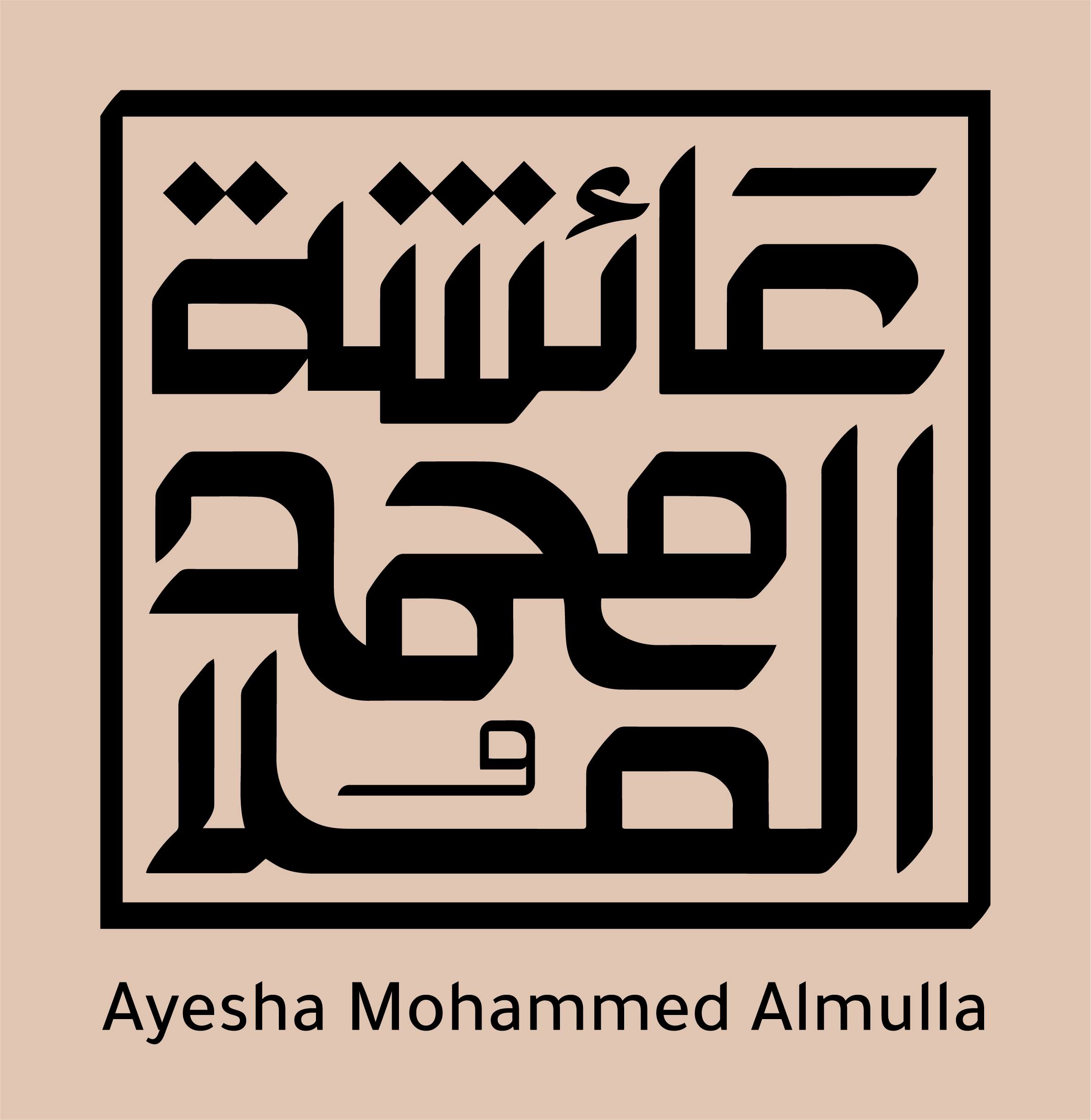In many private schools that follow the British, American, or other international curricula, children are becoming fluent in English, yet increasingly struggle to use the Arabic language. While this shift may appear natural, its implications go far beyond language—it touches thought, identity, and belonging. As Minister of Education Sarah Al Amiri once said: “Language is not just language—it is identity, it reinforces my faith, and it signifies my connection to the homeland.” These words affirm that Arabic is more than a means of communication; it is the foundation of both religious and national identity.
Studies have shown that if a mother tongue is not actively supported, it tends to decline in favor of the dominant language of education—English, in this case—a phenomenon known as language attrition. This decline affects not only a child’s linguistic abilities but also their academic, emotional, and social development.
Contrary to popular belief, learning in a foreign language does not necessarily lead to better academic outcomes if it comes at the expense of the native language. Neglecting the mother tongue can weaken the foundational base from which a child builds knowledge. To be clear, there is no dispute over the importance of learning other languages and accessing global sources of knowledge—but this should happen in parallel with strengthening the mother tongue, not at its expense. Numerous studies show that children who are proficient in more than one language exhibit enhanced focus, memory, and problem-solving skills. However, when Arabic—their native language—declines, children lose the cognitive and linguistic balance that multilingualism could have provided.
Emotionally, children who cannot express themselves in their mother tongue may feel disconnected from their families, especially grandparents, leading to identity confusion, reduced self-confidence, and a weakened sense of belonging.
On the social and cultural levels, children with weak Arabic skills may struggle to understand religious practices, national values, and social traditions. Some may grow up as strangers in their own countries, lacking the cultural connection that ties them to their environment and peers.
By contrast, teaching Arabic alongside Islamic and national education fosters a strong identity from an early age, reinforces emotional stability, and supports long-term academic success. A child who masters their mother tongue grows with confidence, feels a deep sense of belonging, takes pride in their culture, and is better prepared to face life’s intellectual, psychological, and emotional challenges.
This, in turn, strengthens social cohesion, national unity, and collective loyalty. Societies that preserve their native language preserve their collective memory—and in doing so, raise citizens who are more aware of their identity, more connected to their national causes, and more capable of contributing meaningfully to their country.
